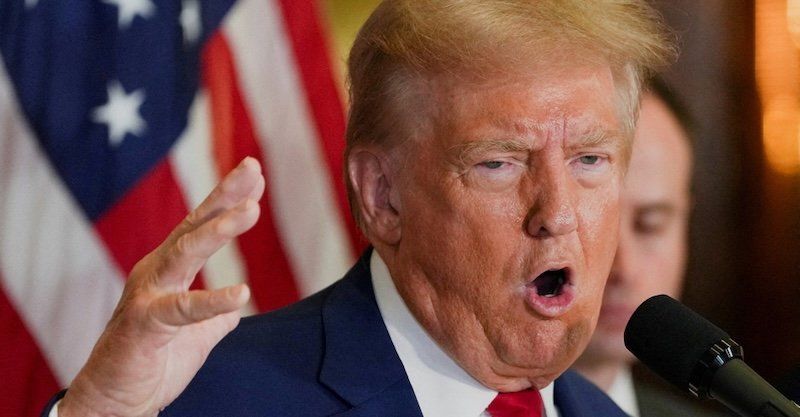President Donald Trump's administration is moving forward with a $20 billion bailout of Argentina, which critics contend is a bid to rescue the flagging political ambitions of one of his closest allies on the world stage, libertarian-leaning President Javier Milei.
The Wall Street Journal's conservative editorial board is sympathetic to this goal, but wrote over the weekend that Trump's approach to how to fix Argentina's economy is all wrong.
"The 'acute illiquidity' problem is really a lack of confidence in Argentine monetary management," wrote the board. "Mr. Milei’s brave reforms have done much good on stabilizing the federal budget, ending the Peronist war on business, and welcoming investment. But no one is sure how long this reform era will last. Inflation remains a problem at more than 30%, and investors are worried that opposition parties will win big in this month’s legislative elections. Mr. Milei’s term doesn’t end until 2027, but the fear is that he’ll be neutered before then."
The real answer isn't a bailout, argued the board, but for Argentina to transition its economy to the U.S. dollar — something some other Latin American countries have done to stop their own inflation issues, like Ecuador in 2000.
"Mr. Milei’s opposition to dollarization is hard to understand since he campaigned on eliminating the central bank. We hear Economic Minister Luis Caputo is opposed, and so are some hedge funds that profit from a currency carry-trade that goes away with dollarization. The International Monetary Fund is also playing in the country’s rescue, and its default remedy is always devaluation," wrote the board.
Moreover, Trump's Treasury Secretary Scott Bessent, who should know better, has even less excuse for not pushing this as the proper solution, the board said.
"After the elections, Mr. Bessent will be wasting dollar assets on this bailout if he doesn’t press Mr. Milei to restore sound money with dollarization," the board concluded.
Leave a Comment
Related Post
